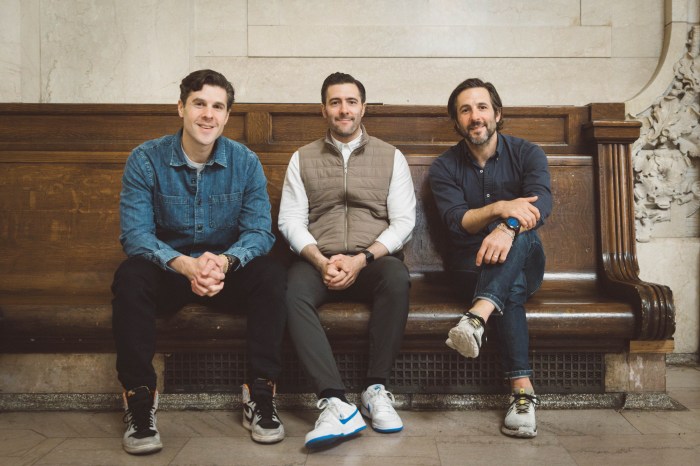A collection of state lawmakers is calling for the MTA to create an amnesty program for drivers who are buried under violations from what they call a “broken” cashless tolling system.
“Cashless tolling is a good thing if it works. It’s not working to help the consumers right now,” State Sen. Leroy Comrie said at a news conference in front of Queens Borough Hall. “The system is broken. It’s not consumer friendly it doesn’t make sense and there are a lot of things that have to be fixed.”
Comrie was one of 13 State Assembly members and senators who penned a letter to the MTA last week highlighting “glaring challenges” with Gov. Cuomo’s heralded cashless tolling system, which went live at all MTA bridges and tunnels last year. Lawmakers say drivers have been burdened with mounting fines and looming registration suspensions due to, possibly, either faulty scanning systems or flawed payment retrieval services, which they say take weeks to notify drivers of violations.
Richmond Hill resident Debra Wolf, 43, who commutes by car to her job in Bayonne, New Jersey, said she had unknowingly racked up $2,000 in fines after she commuted to and from work for nearly a month with a depleted E-ZPass. She has an auto-replenishing E-ZPass, she said, but was unaware the card she uses to refill her account had been maxed out.
“Before, through the tolls, a sign would flicker saying you had a low balance. So you would know. Now, you’re going through and you have no idea if your balance is low,” said Wolf, who attended the conference. “I didn’t realize this and I got a $100 fine and a $50 fine every day. I’m just paying and paying right now.”
Comrie introduced legislation this week that would create a six-month toll amnesty program for the MTA — similar to what the state Thruway Authority implemented for commuters on the Gov. Mario M. Cuomo Bridge — allowing drivers to pay outstanding tolls owed in-full as a means to wipe out any related fines, violations or fees. During the period, officials said, the MTA could reform its notification system and ensure that the scanners are working properly.
“This system that’s been in place, that was forced down our throats, was given to us without any education. There was not a public information [period],” Assemblywoman Stacey Pheffer Amato. “SBS [bus service] came to our community and there was a period of time letting drivers know they would have fines if they were in the bus lane. The MTA did not do that with the cashless tolling system. They implemented the system and bang — the next day, people were getting fines and violations.”
The MTA has said that cashless tolling is cutting out 3.4 million hours in travel time, 1.6 million gallons of fuel and 15,400 tons of carbon emissions.
“We work closely with our customers to resolve any issues or disputes, and will continue our courtesy of waiving first-time violation notice fees upon full payment of tolls,” said Christopher McKniff, an MTA spokesman, in a statement. “This courtesy is an important piece of our move to all electronic tolling.”

































